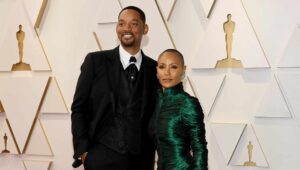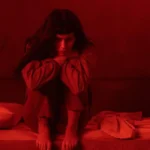-
Source: www.youtube.com / Via: www.youtube.com
-
People with Down syndrome face a lot of discrimination from people who can’t see past the way they look and assume they can’t live normal, meaningful lives. So it was a questionable decision for a Down syndrome organization to cast able-bodied, conventionally pretty Olivia Wilde to play a disabled woman in their latest PSA.
Wilde acts the part of 19-year-old AnnaRose Rubright from New Jersey, a girl with Down syndrome who works at a restaurant, walks on the beach with her family, watches television with a loved one, goes running, does her laundry, laughs, dances and sometimes cries. “I see myself as an ordinary person with an important, meaningful, beautiful life,” Rubright narrates, finally appearing at the end of the video with Wilde as her reflection in a mirror. “This is how I see myself – how do you see me?”
The PSA was created for CoorDown, Italy’s national organization for people with Down syndrome. Their president Sergio Silvestre explained:
“A real problem for people with Down syndrome is the way people look at them because of their condition. The metaphor in the video aims to … [show] how people with Down syndrome see themselves, whilst revealing the inherent prejudice and discrimination that they face based on society’s preconceptions and stereotypical low expectations.”
But despite its good intentions, the video is receiving a lot of criticism online for the way it focuses on Wilde instead of the real AnnaRose. Emily Ladau writes in the Daily Beast that the PSA gets it completely wrong, erasing people with disabilities from their own message:
If I’d watched this ad in high school, I might have viewed it more positively, because like the media, I also used to try to erase my disability. […] I longed for a way to make my highly visible disability invisible because I wanted to look like the crowd of pretty girls, the magazine cover models, the girls like Olivia Wilde. I honestly feared I would never find love because I don’t look like the cliché type of woman that the media puts forth as successful and attractive. These horrible, self-hating thoughts grew like weeds in my mind because I constantly found myself barraged by media that made me feel like being disabled meant it wasn’t OK to accept myself for who I am.
So while the video may inspire some people to look at people with disabilities in a kinder and more understanding light, it might not be worth the negative message it sends to the disability community.
What do you think? Let us know in the comments.









